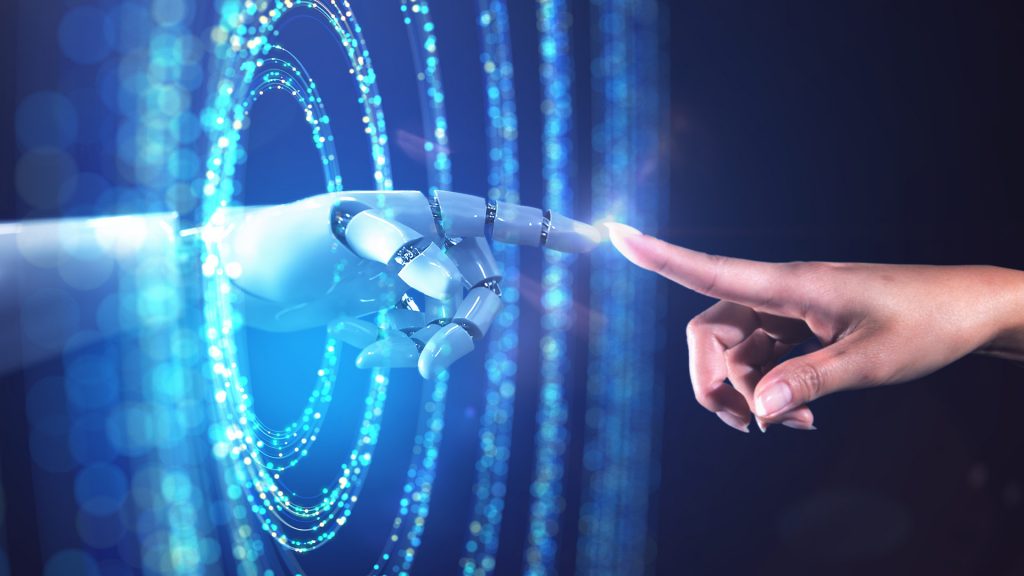Could AI trigger a population collapse? Professor warns of ‘tech-stinction’

Electricity once sparked fears of widespread electrocution. Nuclear power brought warnings of total annihilation. Commentators claimed that the internet would usher in an era of global surveillance, while critics raised alarms about cloning and “playing God” as biotechnology advanced. Each time, people predicted the end of the world, but it never arrived.
Now, artificial intelligence is the latest focus of existential panic, not because it might overpower us, but because some fear it could erase us by making people choose not to have children.
A dire population prediction by 2300
In his new book, “The Age of Artificial Intelligence,” Oklahoma State University professor Subhash Kak predicts a catastrophic drop in the global population over the next few centuries. Kak references projections that estimate that if current trends continue, the global population could fall from today’s 8 billion to under 100 million by 2300.
And total extinction? He doesn’t rule it out.
“It’s going to be devastating for society and world society,” Kak told The U.S. Sun. “I think people really don’t have a clue.”
According to Kak, the coming collapse won’t be caused by nuclear war or climate change, but by something subtler: AI steadily replacing human workers, leaving future generations with fewer reasons to raise families. He says, because AI will replace so many functions, including law, academia and industry, it will be nearly impossible to have a job.
“People will hesitate to have kids who are destined to be unemployed, especially given the exorbitant costs of raising children,” he writes.
Kak says the trend is already underway.
“People have stopped having babies,” he said. “Europe, China, Japan — and the most rapid fall in population right now is taking place in Korea.”
Could AI reshape how we think about family?
In a January 2025 article on Medium, Kak elaborated, saying technology is influencing people not to have babies.
“The collapse [in birth rates] is due in part to technology that gives humans greater agency over their bodies, but also because AI-based social media has so influenced our minds that many see no need to have babies,” Kak said.
He argues that AI-powered media doesn’t just entertain or inform, it shapes human priorities and values.
Could it also reshape how we define family and relationships?
If humans begin forming bonds with machines instead of with each other, and if those relationships can’t produce children, the population could shrink even faster.
That idea has already made its way into pop culture. A 2023 episode of Futurama jokes about the dangers of dating robots, warning it could lead to humanity’s extinction. A Family Studies/YouGov survey from 2024 reported that 1 in 4 young adults believe AI boyfriends and girlfriends could replace real-life relationships.
If that’s true, what does it mean for the future of our population?
Musk echoes catastrophic predictions
Kak isn’t the only one expressing concern. Billionaire Elon Musk has also warned of declining birth rates, calling them one of humanity’s greatest threats.
“If the current compounding effect continues,” Musk said at the Future Investment Initiative (FII) conference in 2024. “Many countries will become 5% of their current size or less within three generations.”
Musk has invested heavily in SpaceX to establish a human colony on Mars.
In a 2018 interview with The Guardian, he said, “It’s important to get a self-sustaining base on Mars because it’s far enough away from Earth that [in the event of a war] it’s more likely to survive than a moon base.”
At the same time, with 14 children of his own, he seems committed to doing whatever it takes to ensure the population doesn’t shrink.




